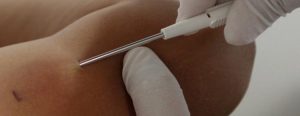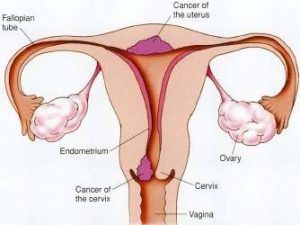
We offer a comprehensive range of family planning services and contraceptive advice, tailored to your individual needs and preferences. Our doctors and nurses offer confidential advice to ensure that patients make informed decisions on all aspects of family planning. We also offer advice and tests in relation to fertility and conception. We can also advise regarding crisis pregnancy options.
Contraception options include:
- Oral Contraceptive Pill (OCP) – this is a small pill that is taken by mouth every day to ensure protection from pregnancy. The pill is more than 99% effective if taken correctly as advised. There are two types of oral contraceptive pill – the combined oral contraceptive pill (COC) and the minipill or progestogen-only pill (POP). Combined pills contain a combination of two hormones – oestrogen and a progestogen. The mini-pill contains one hormone – a progestogen. They do not protect against sexually transmitted infections.
- Contraceptive injection – The injection contains the female hormone progesterone. The hormone progestogen is released very slowly into the body to prevent ovulation (an egg being released). It is given by the doctor or nurse approximately every 12 weeks. Depo-Provera is the only type of injectable contraception available in Ireland at the moment. They do not protect against sexually transmitted infections.
- Barrier methods – (condoms – male and female, diaphragms). A male condom is a barrier method that a man can use to help prevent pregnancy and sexually transmitted infections, including HIV. The female condom is a thin polyurethane sheath, with two rings. It lines the vagina and the area outside and prevents sperm from entering the woman’s vagina during sex. The diaphragm is barrier method that the woman fits inside her vagina to cover the cervix to prevent sperm reaching the egg. Spermicide is used with this method to destroy sperm.
- Implants (Implanon) – Implanon insertion and removal is now available on the GMS Scheme (medical card). This form of contraception is a small flexible plastic rod which is placed under the skin in the upper arm. It slowly releases the progesterone hormone and give contraceptive protection for 3 years. It can be felt under the skin but cannot be seen. It does not protect against sexually transmitted infections.
- Intra-uterine devices (IUCD) – (Mirena, copper coils). These are small contraceptive devices which are placed in the woman’s uterus (womb). They are made of flexible plastic with a coating of thin copper wire with soft threads on the end. They do not protect against sexually transmitted infections. These can be inserted in the practice.
- Long-term devices (patch, vaginal ring) – The patch is similar to a small plaster. It is worn for seven days, for three weeks, followed by a patch free week. The patch contains the female hormones oestrogen and progesterone. The hormones are absorbed through the skin to stop ovulation (an egg being released). The vaginal ring is a flexible ring inserted by the woman into her vagina for three weeks every month. The ring contains the female hormones oestrogen and progesterone, which are absorbed from the vagina to prevent ovulation (an egg being released).
- Permanent solutions (male or female sterilisation). Male and female sterilisation require a surgical procedure. We do not carry out permanent solutions in the practice but can organise a referral onwards to a specialist.
- Emergency contraception – Administered within 72 hours of unprotected sexual intercourse. Emergency contraception is more effective the sooner you take it after having unprotected sex. Emergency contraception does not protect against sexually transmitted infections.The doctor or nurse can discuss all these options in detail with you to help decide which is most suitable for you.
For more information on methods of contraception click on: www.thinkcontraception.ie
For more information on sexually transmitted diseases and our STI/Sexual Health Clinic, click here.




